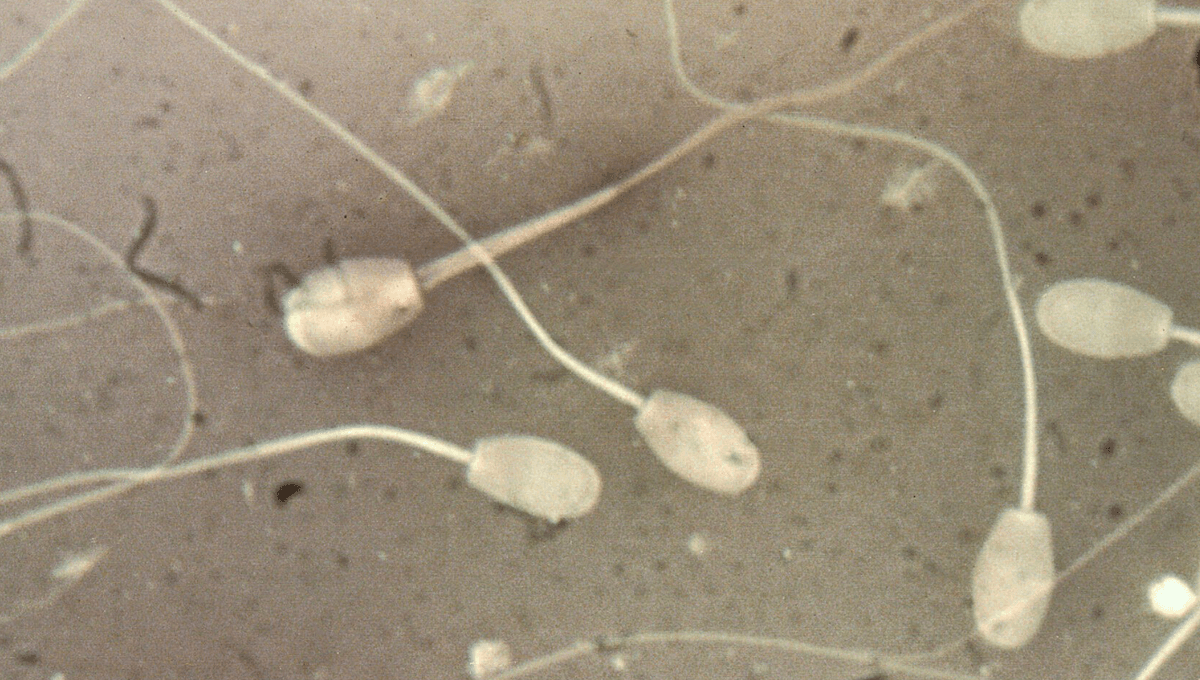
Scientists have a found new avenue that could lead to the development of a male contraceptive that’s both non-hormonal and reversible. Although only tested on mice so far, the researchers believe their “promising” approach could lead to human clinical trials soon.
The discovery comes in the form of a protein complex that regulates gene expression during sperm production. In a recent study, scientists at the Salk Institute in the US treated male mice with an existing class of drugs, called HDAC (histone deacetylase) inhibitors, which can interrupt the function of this protein complex.
Their experiments showed that these drugs temporarily blocked the mice’s fertility. Importantly, however, their sex drive was not impacted, their testosterone levels stayed the same, and their fertility returned 60 days after stopping the drug.
“Most experimental male birth control drugs use a hammer approach to blocking sperm production, but ours is much more subtle. This makes it a promising therapeutic approach, which we hope to see in development for human clinical trials soon,” Professor Ronald Evans, senior study author from the Gene Expression Laboratory at the Salk Institute for Biological Studies, said in a statement.
Like other approaches to male contraceptives before, this method works on retinoic acid, a nutrient that acts as a signal for sperm stem cells in the testes to turn into sperm.
Retinoic acid binds to receptors in the cells to prompt the complex genetic process that turns the stem cells into mature sperm. For this to work, retinoic acid receptors must bind with a protein called SMRT, which then recruits HDACs to synchronize the expression of genes that produce sperm.
Previously explored approaches simply block retinoic acid or its receptor to kill sperm production, but this can lead to various side effects because retinoic acid is needed for many bodily functions.
Instead, this new therapy uses an HDAC inhibitor drug, which breaks the sperm production cycle with little apparent effect on the rest of the body’s function.
“It’s all about timing,” explained co-author Michael Downes, a senior staff scientist in Evans’ lab. “When we add the drug, the stem cells fall out of sync with the pulses of retinoic acid, and sperm production is halted, but as soon as we take the drug away, the stem cells can reestablish their coordination with retinoic acid and sperm production will start up again.”
It seems like the promise of a male contraceptive pill is always “just around the corner”, but it never materializes. Even if this latest approach passes through all the usual regulatory hoops, it will still be some time until it reaches pharmacy shelves. However, there are plenty of scientists working on the case.
While it’s often questioned whether guys would want to take a “male pill”, there is some evidence that demand is there. A 2019 survey by YouGov suggested that one in three (33 percent) of sexually active men in Britain would consider taking a male version of the pill. Most of the hesitation among men came from concerns about its side effects, but as this study shows, scientists are making solid progress in addressing that problem.
The new study is published in the journal Proceedings of the National Academy of Sciences.
Source Link: New Potential Male Contraceptive Doesn't Impact Libido Or Testosterone Levels